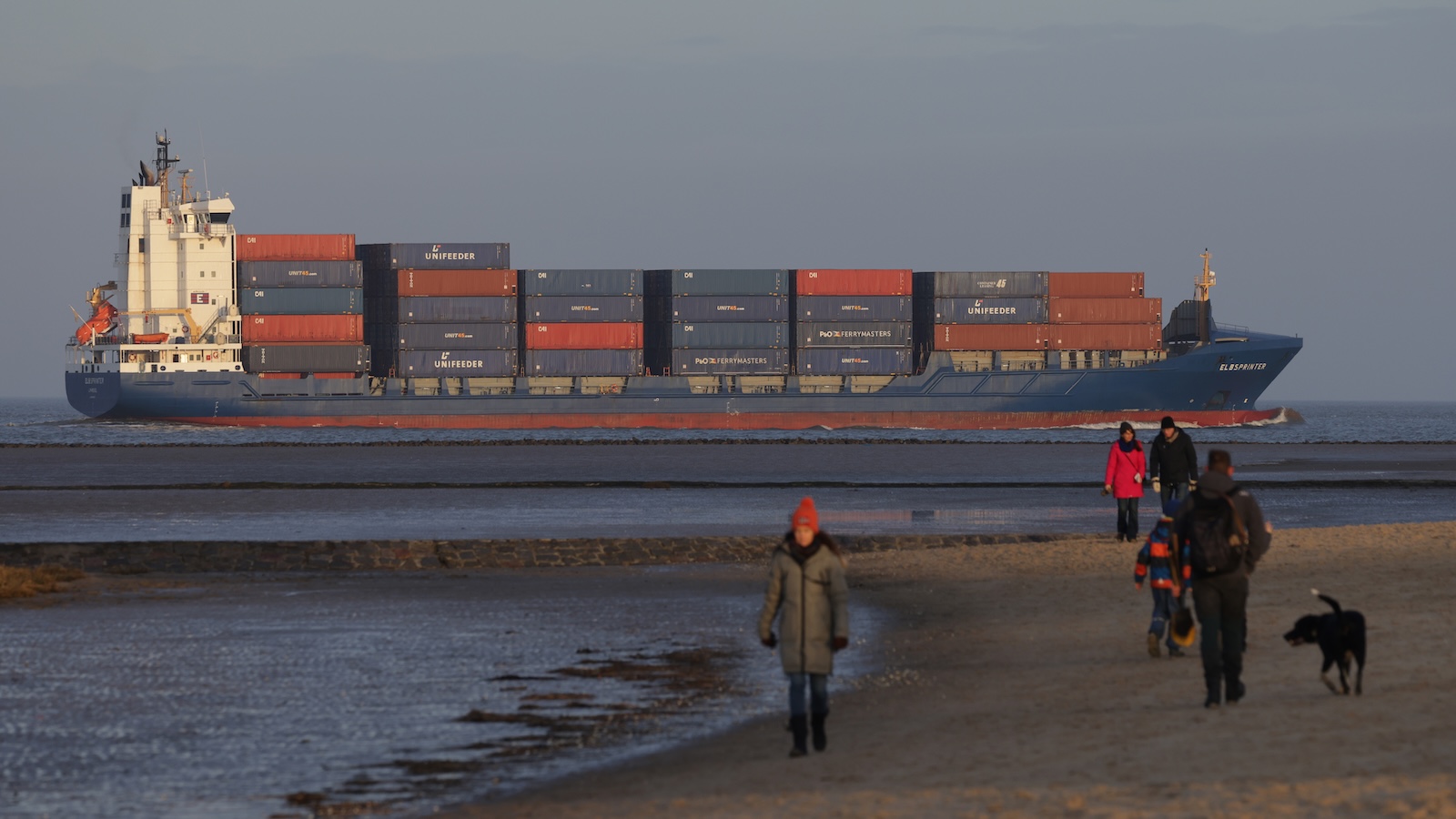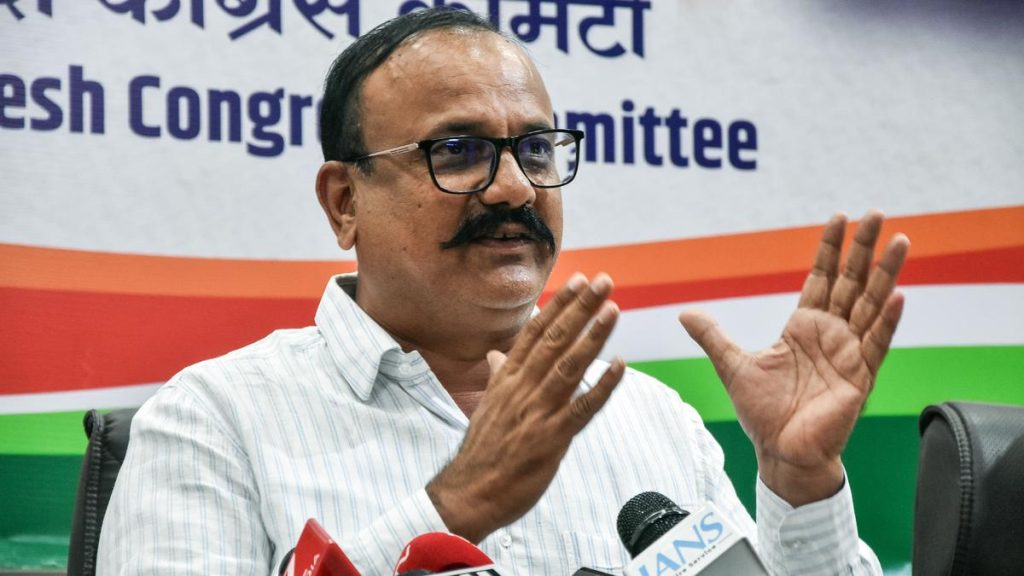Now Reading: Shipping Industry Faces New Carbon Tax: A Step Forward, But Challenges Persist
-
01
Shipping Industry Faces New Carbon Tax: A Step Forward, But Challenges Persist
Shipping Industry Faces New Carbon Tax: A Step Forward, But Challenges Persist

Rapid Summary:
- Cargo shipping contributes approximately 3% of global climate emissions, comparable to aviation.
- The International Maritime Organization (IMO) introduced the first sector-wide carbon tax aimed at reducing emissions intensity in shipping. It sets progressive targets with penalties for non-compliance and credits for exceeding standards.
- Revenue generated will go into a “net-zero fund” focused on decarbonization initiatives, including support for low-income nations.
- Some member states and environmental groups criticized the plan for lacking ambition and failing to meet IMO’s official climate goals (e.g., 20-30% emission reductions by 2030). Modeling predicts only an 8-10% reduction under current measures.
- Fierce debates occurred over how funds should be allocated; island nations wanted broader use of revenues for climate adaptation projects, which were excluded from this agreement.
- The U.S.walked out of negotiations, calling them “blatantly unfair.” Voting resulted in approval with significant opposition from oil-producing countries and abstentions from many vulnerable island states.
- Regulations are set to be formally adopted in October, with implementation planned by 2027.
Image: A container ship near the Port of Antwerp, Belgium-Photo credit: Nicolas Tucat / AFP via getty images
!A large freight ship travels diagonally toward the camera
Image: Graph showing emissions intensity compliance zones-Courtesy of Nishatabbas Rehmatulla.
!Graph detailing emissions compliance
Indian Opinion analysis:
The IMO’s carbon tax represents a landmark policy in global efforts to combat maritime emissions but exposes ongoing challenges within multilateral frameworks regarding equity and ambition. India’s economy heavily relies on international shipping both as an exporter (agriculture, textiles) and importer (fossil fuels, electronics), making this policy potentially impactful across supply chains.
While innovative mechanisms like credits may incentivize efficiency among carriers worldwide-including those serving Indian ports-the absence of more stringent upfront caps may dilute long-term benefits. Additionally, developing nations like India could benefit indirectly if net-zero funds include meaningful support for greener logistics infrastructure such as option fuels or retrofits-but advocacy remains necessary during forthcoming revisions.
India has traditionally supported equitable distribution principles under platforms like COP summits; it might align strategically alongside similar voices advocating stronger aid allocations prioritizing developing economies vulnerable to sea-level risks due largely to others’ historic emissions levels. Proactive engagement leading up to formal adoption might secure pathways ensuring broader regional fairness while facilitating smoother trade transitions tied into future readiness during inevitable environmental regulation tightening periods globally.




























